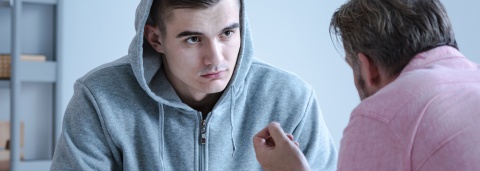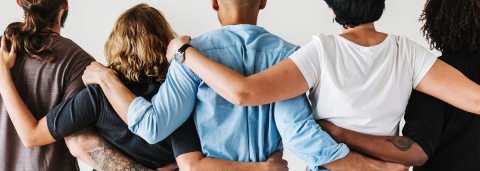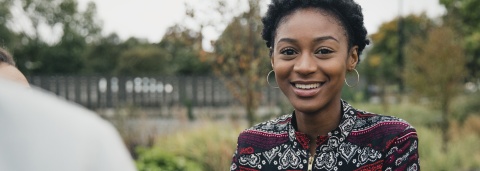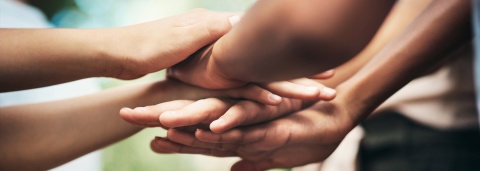The service ensures that Children are protected from harm and enabled to keep themselves safe.
In response to the Children Act 2004 and the recommendations of the Safeguarding Review 2005, the care team at Grace House remain committed to practices which protect children and young people from harm; are clear about how to recognise the signs of abuse or neglect; have a full understanding about the thresholds that apply to safeguarding; and know to whom they should refer concerns or safeguarding issues.
- To ensure that the young people live in safe and comfortable surroundings
- To ensure the recruitment and selection process for staff is rigorous. (Schedule 2 – Regulations 26, 28 and 32)
- For staff to receive comprehensive training in Child Protection and ensure clear policies and procedures are in place
- To ensure on going risk assessments are undertaken to meet all Health and Safety requirements
- To promote a culture of openness and one that is free from any form of prejudice or discrimination
- That clear guidelines for staff and young people are in place to address any signs of bullying or intimidation
- Staff are very aware of cyber-bullying.
A description of the home’s approach to surveillance and monitoring of children. No internal surveillances are in situ. We have door monitor alarms fitted to all bedrooms and are monitored by staff through the night. These alarms can be deactivated if no risk is presented and if in agreement with the placing authority of young people resident. Details of the homes approach to behavioural support. The young people who are looked after at Grace House are cared for within an ethos in which they are treated with unconditional positive regard, where they are aware of their rights and responsibilities and where there is an expectation that they will behave in ways which are acceptable and conducive to living harmoniously with other people. Grace House has a policy based on the Children's Homes Quality Standards.
The care team will create an environment where young people are valued, respected and care for each other:
- Always address the anti-social behaviour not theyoung person.
- Young people should never be labelled as ‘bad’ or ‘naughty’ directly to them or within ear shot.
- A young person will usually live up to what they think is expected of them.
- Correction and direction should be given in a positive manner.
- Praise and encouragement should be given as often as possible, especially when behaviour is positive or modified.
- Play down negative behaviour as long as it does not impact on another individual or put anyone in danger.
- Set realistic boundaries with explanations to provide a feeling of security.
- Appropriate behaviour is reinforced through consistency and reaction for the boundaries set.
- Grace House implement a positive behaviour support plan.
- When speaking to young people about their behaviour, remain calm and positive.
- Young people should be made aware of how the expression of their own feelings may affect other peoples.
- Young people need a platform to safely express how they are feeling.
All incidents will include a reflective practice with the young person and the staff members involved, this will be a Primary Discussion session where reengagement is essential and young people feel valued and respected from expressing their opinions and feelings.
All incidents will be reflected upon the risk management plan and critical information will be shared accordingly. It is accepted that consistent guidelines and controls form an integral part of a child's development. As a child develops they gradually internalise these controls and reduce the need for external reinforcement. The children and young people, who are looked after at Grace House, will be made aware of their rights and responsibilities and the expectation that they will behave in ways which are acceptable and conducive to living harmoniously with other people.










